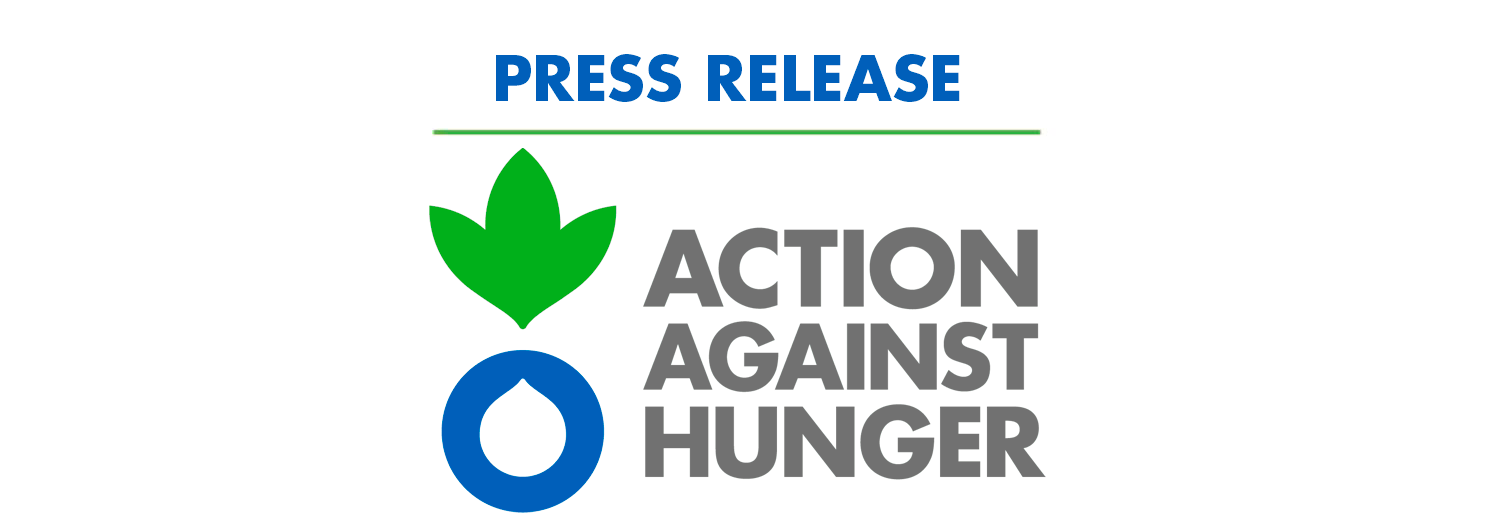
Fragile Ceasefire Fails to Ensure Unhindered Humanitarian Assistance in Lebanon, Warns Action Against Hunger
"While people attempt to return and live at their homes, the severe damage and lack of essential water, sanitation, and electricity infrastructure make living conditions unbearable, significantly increasing the risk of waterborne diseases."
- Action Against Hunger urges the international community to uphold and support the implementation of the ceasefire to ensure access to basic needs and success of recovery efforts.
- Widespread destruction, particularly to water and sanitation infrastructure, poses major challenges for families trying to return home, with rising risks of waterborne diseases.
- Action Against Hunger has assisted over 46,000 people since September 2024 and is currently responding to the needs of displaced and families returning to their homes.
Beirut/Madrid, 10 December 2024. After more than two months of intense conflict, a ceasefire came into effect on November 27, 2024, marking a critical step toward de-escalating violence and destruction in Lebanon after 14 months of intense hostilities. Action Against Hunger welcomes this agreement, which offers a chance to alleviate suffering.
However, the situation remains fragile. Reports of ceasefire violations are alarming and could derail critical efforts to assist affected communities. Despite the ceasefire, humanitarian access remains hindered in the border regions, and further risks of delays to access those most in need are expected if terms are breached. Action Against Hunger urges the international community to uphold and support the implementation if the ceasefire to ensure access to basic needs and success of recovery efforts.
The needs remain dire. This agreement comes after widespread displacement, with families struggling to return to heavily damaged or destroyed homes, while 396 collective sites still shelter more than 22,200 displaced people. Meanwhile, movement efforts are hindered by a current curfew south of the Litani River from 5:00 PM to 7:00 AM, as well as by entry restrictions to 62 villages. These restrictions, along with the risks of unexploded ordnance and landmine contamination, also impede humanitarian access and the ability of aid workers to deliver timely assistance to affected populations as we are expanding aid delivery to hard-to-reach areas. Ensuring the safety of our dedicated teams in such challenging conditions remains a priority, whose tireless efforts have been instrumental during this crisis. These challenges disrupt the response efforts, showing the complex and difficult start of the recovery process.
RISK OF WATERBORNE DISEASES
As part of the response, Action Against Hunger is monitoring population dynamics, and assessing the needs, evaluating damage to water, sanitation, and hygiene (WaSH) infrastructure, agricultural systems, and healthcare facilities to guide recovery efforts. “The level of destruction impacted both the infrastructural and household distribution levels, with extensive disruption of WaSH services and correlated increased risks of waterborne and water-related diseases. Widespread destruction, particularly to water and sanitation infrastructure, poses major challenges for families trying to return home, with rising risks of waterborne diseases – ACF is actively coordinating with other humanitarian actors to ensure efficient and effective Internally Displaced Population site consolidation and decommissioning”, explains Suzanne Takkenberg, Director of Action Against Hunger in Lebanon.
“Winter started, and shelters are not equipped for such low temperatures. Action Against Hunger is prioritizing immediate support both for families remaining in shelters and families trying to return with food, water, shelter, blankets, mattresses, heating, and recovery”, adds Takkenberg.
NUTRITION NEEDS STILL PRESENT
Food insecurity is worsening, with soaring food prices and a growing number of the population having lost their livelihoods, unable to afford basic staples or access food and feeding utensils.
“It is particularly critical to support pregnant women and caregivers of young children to mitigate the risk of nutritional deficiencies and prevent stunting or developmental delays during this vital growth period. We are not only providing food and establishing community kitchens in shelters but also screening malnutrition cases and providing supplementary food to mothers and children”, explains Suzanne Takkenberg.
Action Against Hunger remains committed to assisting affected populations with flexibility and adaptability as the situation evolves and calls for sustained international support to ensure this ceasefire leads to long-term peace in the region. It is critical to focus on the recovery of affected populations and addressing the underlying causes of the conflict, including the ongoing mass humanitarian catastrophe in Gaza.